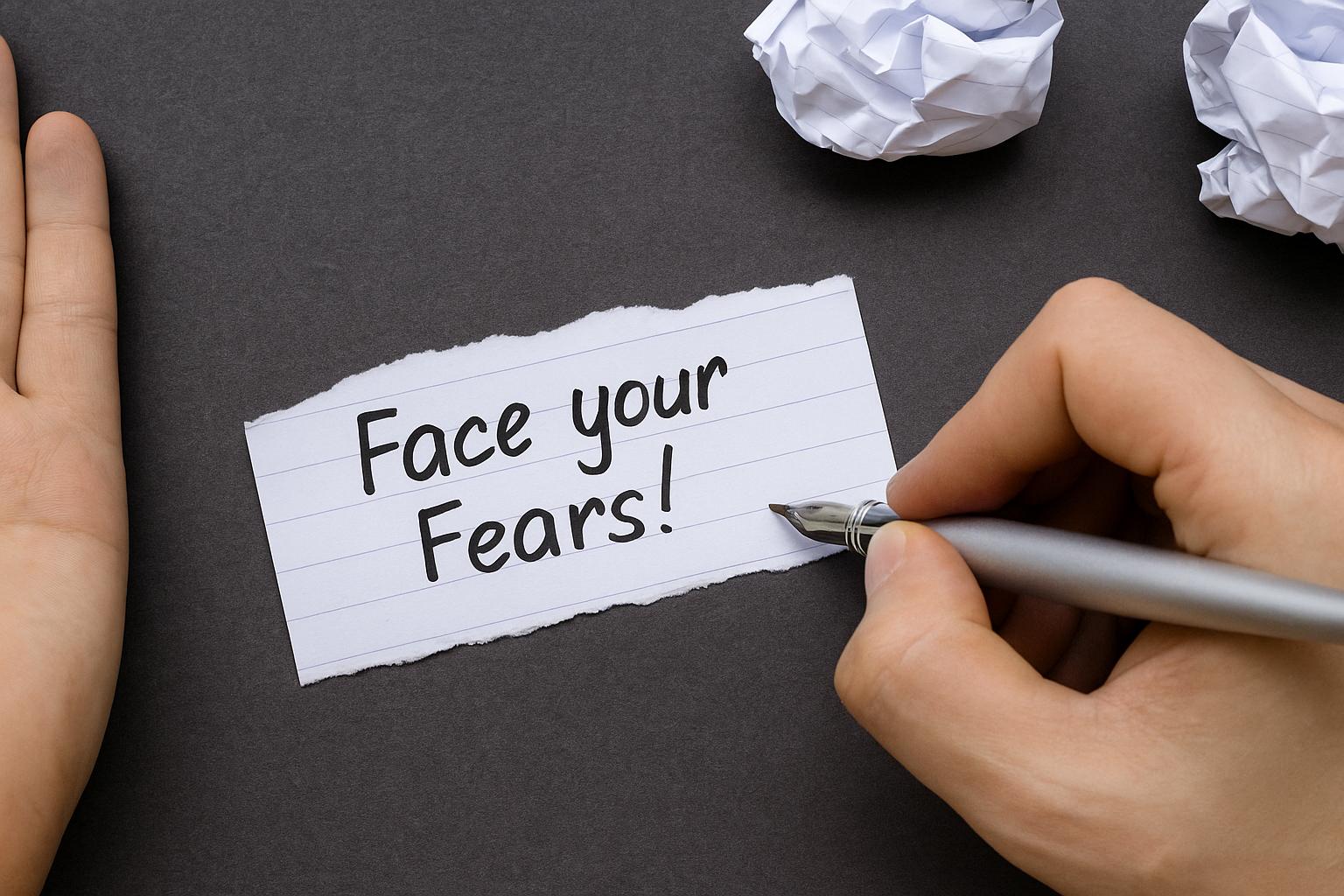Phone
1300 848 072
Address
Suite 1,
5 Jowett St,
Coomera, QLD 4209
If you’re living with anxiety, phobias, trauma-related anxiety, or avoidance behaviours, exposure therapy is one of the most effective treatments available. At MHM Psychology, our psychologist on the Gold Coast provides structured, evidence-based exposure therapy.
Exposure therapy is based on a simple but powerful idea: to overcome your fears, you have to face them. Avoidance gives anxiety power; approaching what you fear teaches your brain that the feared situation is manageable, tolerable, and often far less dangerous than you imagined.
Avoidance temporarily reduces anxiety and distress, but, keeps anxiety locked in place. When you never go near what you fear, you miss the chance to test whether your predictions might be exaggerated or unfounded.
Exposure therapy invites you to approach these feared objects, step by step, in a safe and supported way, so that your brain and body can learn something new. Over time, this breaks the fear cycle and can lead to genuine, lasting change.
Working with a psychologist on the Gold Coast, you’ll develop an individualised exposure plan that helps you gradually and effectively face your fears, rather than avoid them.

Exposure therapy is one of the most well-researched and effective treatments for anxiety disorders, including phobias, panic disorder, social anxiety, obsessive-compulsive disorder (OCD), and trauma-related avoidance. Research consistently shows that facing fears directly creates deeper and more lasting change than reassurance, avoidance, or engaging in safety behaviours. Exposure therapy can be the central pathway to overcoming anxiety.
This is why at MHM Psychology, we place a strong emphasis on exposure therapy on the Gold Coast, offering structured support to help people build confidence, tolerance, and resilience.
1. Inhibitory Learning: Challenging your Beliefs and Building New, Competing Beliefs
Modern exposure therapy highlights inhibitory learning as a key driver of lasting change. When you face feared situations and your predicted catastrophe doesn’t occur, your brain forms new, more adaptive associations. For example:
“This situation isn’t as dangerous as I thought.”
“Even if I feel anxious, I can tolerate it.”
“I don’t need to escape or avoid this.”
These new beliefs compete with and begin to inhibit the old fear memories. Crucially, anxiety doesn’t have to drop during exposure for learning to happen. If your feared predictions are disconfirmed, the new learning takes root, overt time creating lasting change that persists across time and situations. This model explains why exposure works even when anxiety doesn’t reduce immediately. It helps clients build psychological flexibility, break avoidance patterns, and reduce relapse risk over the long term.
2. Habituation / Desensitisation: Physiological Reduction of Anxiety
A second process that occurs during exposure therapy is habituation. When you repeatedly face a feared situation, your physiological arousal decreases naturally over time, both within and between your exposure sessions with your psychologist. Anxiety symptoms such as increased heart rate, sweating, or muscle tension typically rise when you come into contact with your feared situation, and then, inevitably, it gradually fades as your nervous system adapts and learns there is no real threat. This reflects desensitisation, where the nervous system stops sounding the alarm in response to the stimulus. Many clients find this process empowering, as they experience their anxiety subsiding in real time.
While habituation can be reassuring and reinforcing, it is not required for exposure to work. Some people habituate quickly, others slowly, and some not at all during the psychology sessions, but progress can still occur because inhibitory learning is driving the deeper change (deeper beliefs begin to change).
In short:
Inhibitory learning builds new, more accurate beliefs about feared stimuli and allows enduring change even if anxiety initially sticks around.
Habituation reflects your body learning to stay calmer in the presence of what was once threatening.
Together, these processes help people reclaim their lives from anxiety.
Ready to Take the First Step?
If anxiety has been holding you back, exposure therapy can help you move forward with confidence.
Contact MHM Psychology today to book an appointment with an experienced psychologist on the Gold Coast and start your evidence-based exposure therapy journey.
Don’t let fear dictate your life. Facing it, with the right support, is often the most powerful way to reclaim it.